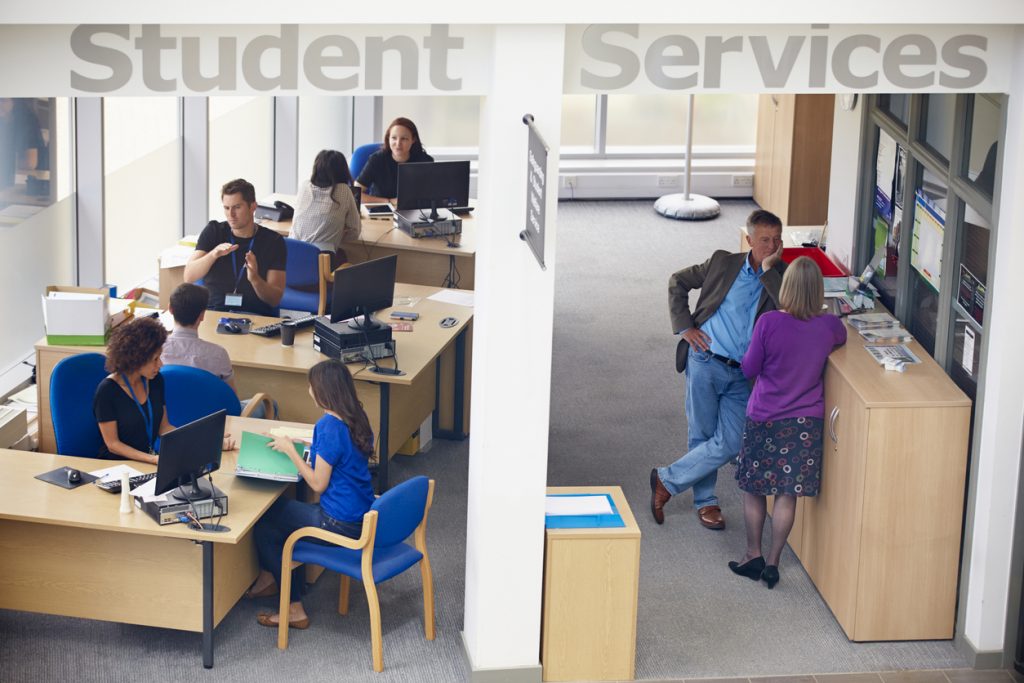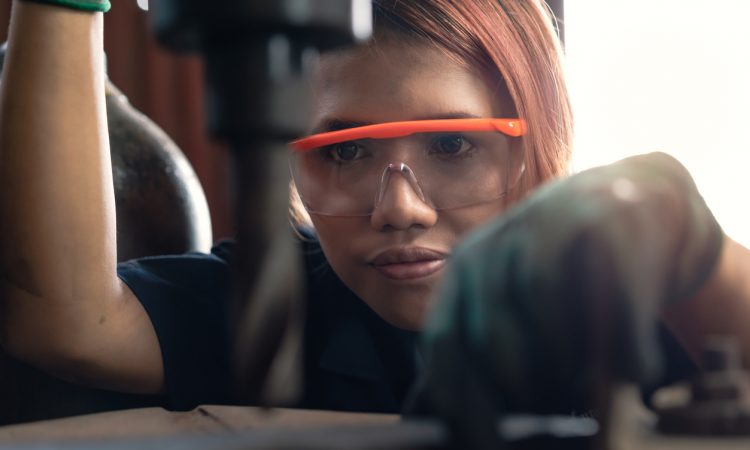Co-operative education placements, research internships and work experience positions offer unique opportunities for students and newcomers to the world of work. Participants apply previous course-based learning and professional experience in new contexts to expand their professional knowledge while building employability skills. Host organizations also benefit from diversified skillsets, new perspectives and increased capacity. While these experiences may have been paused or moved online as a result of public health measures, they are also being celebrated as a key component of the country’s recovery and transition to an innovative future.
As a student myself, I have taken part in work-integrated learning opportunities to put theory into practice, improve employability skills and network with individuals in my career of interest. This has included incorporating co-operative education into my undergraduate degree, taking on an internship offered through a social innovation lab and working for a non-profit through a work experience grant. In each case a university, non-profit organization or government agency facilitated a relationship between myself and an employer to support a mutually beneficial employment experience. The role of the facilitator is as unique as the experience itself. Drawing on my work-integrated learning experiences, this article highlights three key roles of facilitators that enhance the experience of both participants and employers.
Bringing groups together
The primary function of many facilitators is that of convener. Whether the facilitator is focused on work-integrated learning, increasing exposure to a specific field of work or building general employability skills, they must work to bring the individual interests of both the participant and the host employer together through the program’s lens. The self-interest of the participant, host employer and facilitator will be different. It is up to the facilitator to find where the offering of one party aligns with the self-interest of the other to create a mutually beneficial experience for all involved – one where the needs of each are met in the achievement of common objectives.
From my experience as a participant, the facilitator should help determine and manage the expectations of both the participant and the host employer. This includes exploring the resources and constraints of the host employer that will shape the creation of realistic learning goals. The skills, interests and experience of the participant should also be expressed to the host organization so the final job description meets the participant where they are but leaves room for supported skills development.
Supporting future education and career pathways
Work experience placements are often offered with the intent of supporting the participant’s education and career development goals. This includes completing the work experience as a requirement of a degree or professional designation or as the basis for future research projects. Facilitators have a role in communicating educational requirements to host employers along with any reflective activities or assessments requested as part of the placement. These placements offer unique spaces for students and new professionals alike to apply concepts in real life and offer experiences for future reflection.
“The facilitator should help determine and manage the expectations of both the participant and the host employer.”
To assist participants in making the most of their placements, facilitators should offer auxiliary professional development supports. Several of my placements have offered additional workshops on networking, building strong mentor relationships and interpersonal communication at work, among other employability skill boosters. These have been offered before or during the placement to advance the overall experience. They empowered me to learn more about my careers of interest and view them within the context of their true work environment.

Offering guidance, support and reflection
The facilitator plays a role in guiding and supporting participants throughout the work experience. Before the work experience begins, the facilitator should meet with the participant to discuss potential placements, support them in the application process and help prepare them for onboarding. Once the student is hired, the facilitator’s role is to help the participant integrate into the host employer’s workplace culture, navigate relationships and deal with challenges that may arise along the way. Facilitators should also maintain a connection with the host employer to ensure their needs are being met and to address any concerns expressed by the participant. While the participant is working, the facilitator should actively encourage the participant to see the bigger picture in which their work exists – helping the person to connect their current job to the careers that may be of interest to them.
Facilitators should identify any opportunities for peer support and reflection early on and build this into the design of work experiences. I was part of an internship program where participants gathered on a weekly basis to reflect on their work, share challenges, and offer tools and strategies to help overcome identified issues. This was made possible by the close proximity of participants to one another but could be re-created virtually by facilitators on a regular basis. Participants could also be encouraged to seek out peers within their work environment, including permanent staff, to have regular conversations that reflect on their work to date and create strategies that continue their objectives for taking part in the experience.
Closing thoughts
Facilitators of work experience placements fulfill an important role in helping students and new professionals learn more about their careers of interest, apply previous learning and build employability skills to launch future careers. Whether based in educational institutions, government agencies or non-profit organizations, these career development professionals work to align the interests of participants and host employers to create meaningful career development opportunities. These opportunities have guided my own career path and I have every confidence this will continue for many more students and new professionals in the future.
Interested in writing for CareerWise? Check out our Submission Guidelines for details!




